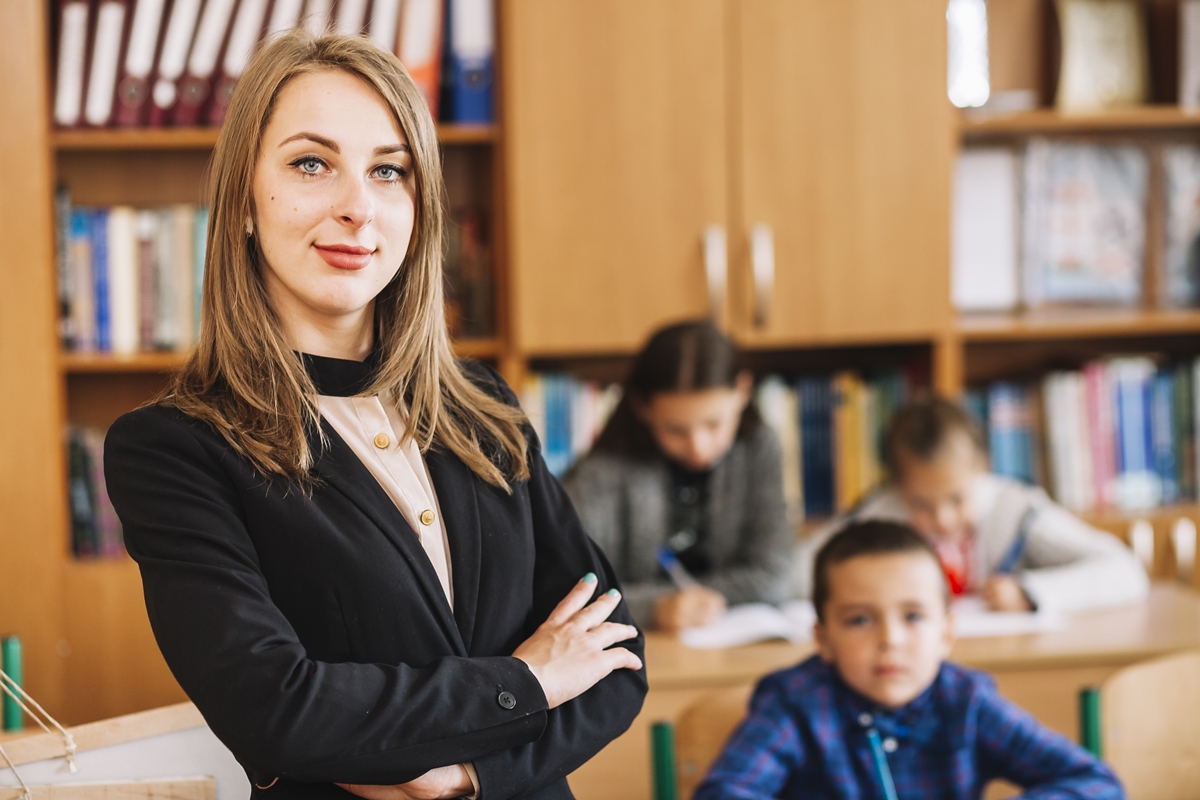The Indian poet and Nobel laureate Rabindranath Tagore (1996) believed that just like a lamp can never light another lamp unless it continues to burn its own flame, teachers can never truly teach unless they are learning themselves. As a child Tagore abhorred formal education and the subject he disliked the most was English. Later he wrote that “The main object of teaching is not to explain meanings, but to knock on the doors of the mind” (Tagore, 1916/2007, p. 73).
text by Anastasia Spyropoulou
In order for teachers to motivate learners to discover a galaxy of knowledge and develop the skills required to steer their course through life, it is essential that they themselves should be intrigued by the learning process throughout their entire professional lives. In order for teachers to nurture learners’ curiosity, they must identify completely with the role of a learner.
They must also be aware of the latest thinking, research and feelings about how languages are learned and taught. You may think that you know about all that but the pieces never seem to quite fit. There is always something more to think about, something new and challenging to engage your interest, some new ‘metaphor’ to alter your thinking. Humans, especially humans in groups, which is how most people prefer to learn languages, just will not conform to strict and easily-interpretable measuring. Nowhere is this more true than in learning, where the variables of personality, motivation, environment, interpersonal classroom interaction and pedagogical intervention all play their part.
For many people teaching is best thought of as a felicitous marriage between instinct and experience. Yet our instincts can, of course, be wrong, and our experience is only valuable if we learn from it. That is why we need to become experts in what is called ‘two-brain teaching’. One ‘brain’ is taken up with the minute-by-minute interactions in the classroom, some of which we respond to instinctually, but the second brain is there, hovering somewhere in the classroom air, to constantly monitor and evaluate what is going on, watching what brain number 1 is doing and trying to make sense of it all.
And then, if we give it space, that second brain comes into its own when the lesson is over. That is when we think back to what went on and try to tease out why things happened this way and what we might want to do differently on a future occasion. It can and should be a highly intense and stimulating experience and at its best, that is what reflective teachers do all the time -use their second brains to evaluate their experiences.
How do we stimulate both brains? By doing our own research which means trying out new things (or re-visiting old ones), finding out what works and then letting both brains have a dialogue about how effective these practices have been and how they could be improved. Or, just as importantly, how teachers keep on learning, questioning and researching – for, that kind of thinking is the lifeblood of the inquisitive and enquiring teacher.
Old techniques, new techniques? A digital revolution? The world never stands still; the world of English Language Teaching is constantly turning.
Effective professionals are primarily effective learners. They value the development of their own knowledge, skills and beliefs. They refuse to stagnate as professionals. They embrace learning, its joys and its challenges. ELT professionals can lead by example by demonstrating the attitudes of effective learners. They can act as role models by being fully engaged with the lifelong learning process.
In order to better address the needs of learners in the 21st century, ELT professionals are required to demonstrate the ability to repackage their existent knowledge as well as develop new competences. Teaching techniques associated with methodological principles that might no longer be considered valid, can be reactivated once they are merged with contemporary ELT approaches.
A positive attitude towards professional learning is necessary for all educators. Such learning may be conducted by either focusing on empowering forms of CPD like teacher research or else by reexamining how professional and pedagogical knowledge and skills could be harnessed and enhanced.
